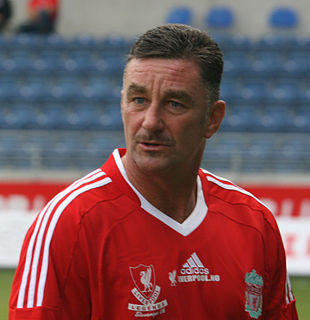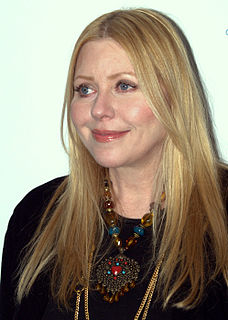A Quote by George Eliot
Death is the king of this world: 'Tis his park where he breeds life to feed him. Cries of pain are music for his banquet.
Related Quotes
The musical flags of the world should fly at half mast because truly one of the greatest guitarists in the world and king of the blues has died. I have cherished him and so has the rest of the world who knew him and loved him for his entire career. As we pain, we must celebrate that his music, his style of playing and singing will last forever, from the recordings that he has done and the influence that he has had and will have on guitarists all over this planet. Long live the spirit of B.B. King.
To no man does the earth mean so much as to the soldier. When he presses himself down upon her long and powerfully, when he buries his face and his limbs deep in her from the fear of death by shell-fire, then she is his only friend, his brother, his mother; he stifles his terror and his cries in her silence and her security; she shelters him and releases him for ten seconds to live, to run, ten seconds of life; receives him again and again and often forever.
Death is unimportant to a yogi; he does not mind when he is going to die. What happens after death is immaterial to him. He is only concerned with life-with how he can use his life for the betterment of humanity. Having undergone various types of pain in his life and having acquired a certain mastery over pain, he develops compassion to help society and maintains himself in purity and holiness. The yogi has no interest beyond that.
St. Augustine and St. Thomas define mortal sin to be a turning away from God: that is, the turning of one's back upon God, leaving the Creator for the sake of the creature. What punishment would that subject deserve who, while his king was giving him a command, contemptuously turned his back upon him to go and transgress his orders? This is what the sinner does; and this is punished in hell with the pain of loss, that is, the loss of God, a punishment richly deserved by him who in this life turns his back upon his sovereign good.
Fitzgerald never got rid of anything; the ghosts of his adolescence, the failures of his youth, the doubts of his maturity plagued him to the end. He was supremely a part of the world he described, so much a part that he made himself its king and then, when he saw it begin to crumble, he crumbled with it and led it to death.
In one horrible moment the last piece of the prophecy became clear. So bid him take care, bid him look where he leaps, As life may be death and death life again reaps. He had to leap, and by his death, the others would live. That was it. That was what Sandwich had been trying to say all along, and by now he believed in Sandwich. He put on a final burst of speed, just like the coach taught him in track. He gave everything he had. In the last few steps before the canyon he felt a sharp pain in the back of his leg, and then the ground gave way under his feet. Gregor the Overlander leaped.
There are no term limits on His reign. He has always been King and He always will be King. There is no death that threatens the perpetuity of His sovereign authority. There is no usurping of power by a lesser rival to His throne. There are no coups, no revolutions (at least, none that succeed). There is no threat of impeachment. He is a King who rules eternally.
Goods and possessions are no gain in his eyes. He stays far from wealth and honor. Long life is no ground for joy, nor early death for sorrow. Success is not for him to be pround of, failure is no shame. Had he all the world's power he would not hold it as his own. If he conquered everything he would not take it to himself. His glory is in knowing that all things come together in One and life and death are equal.







































